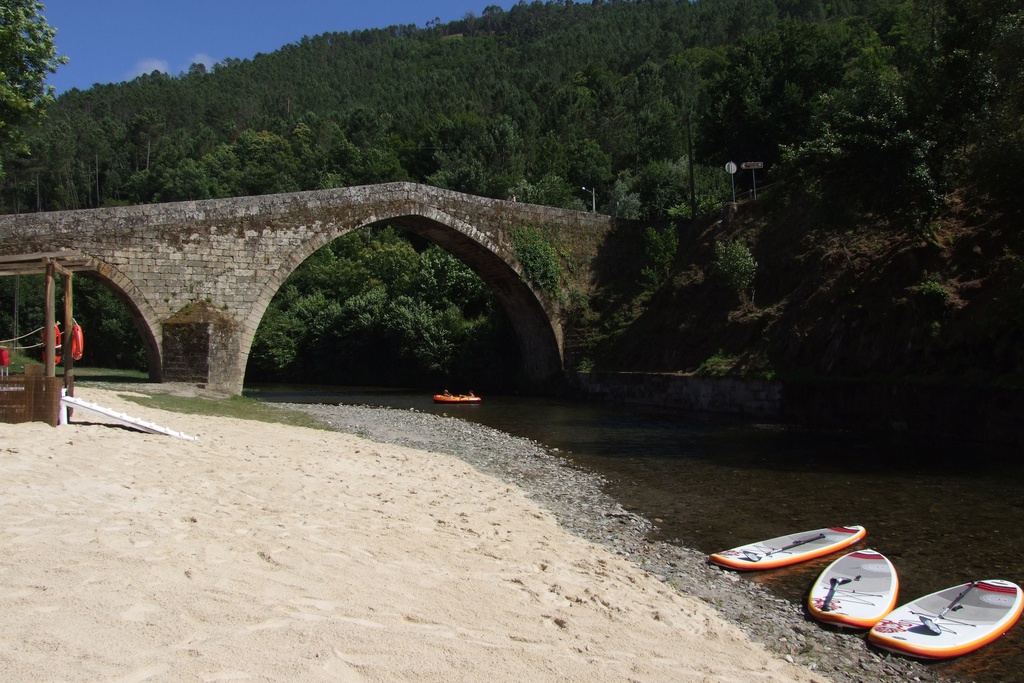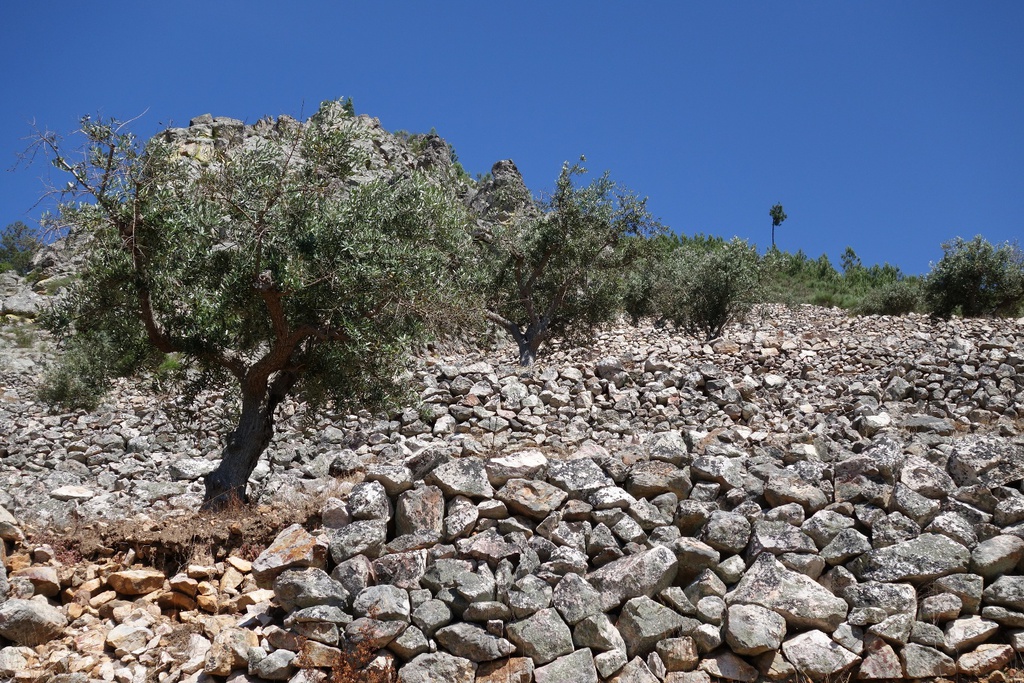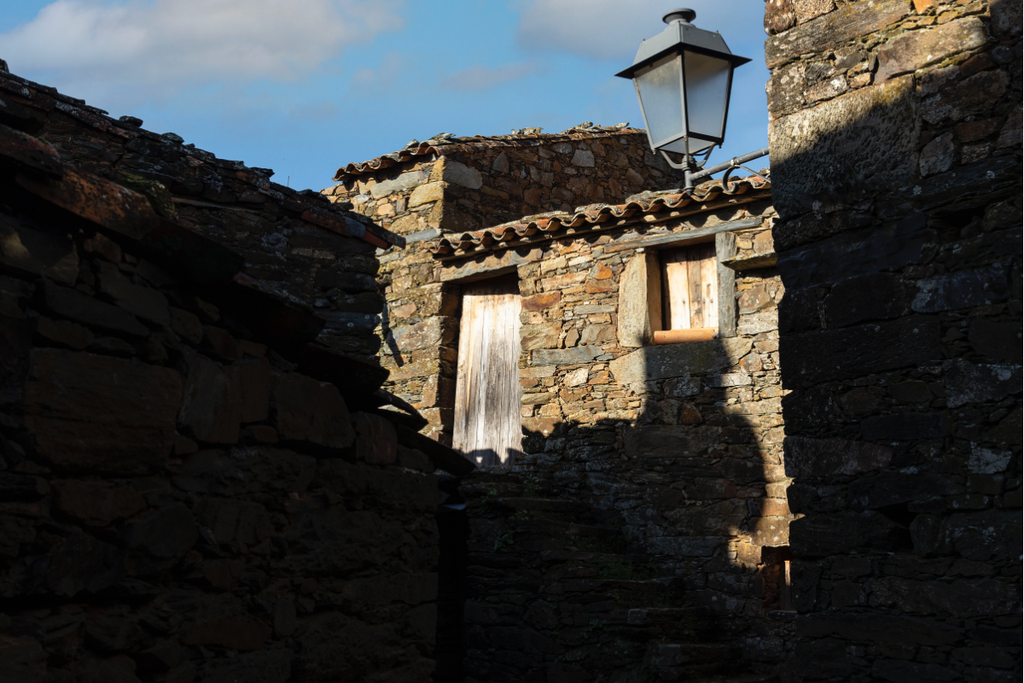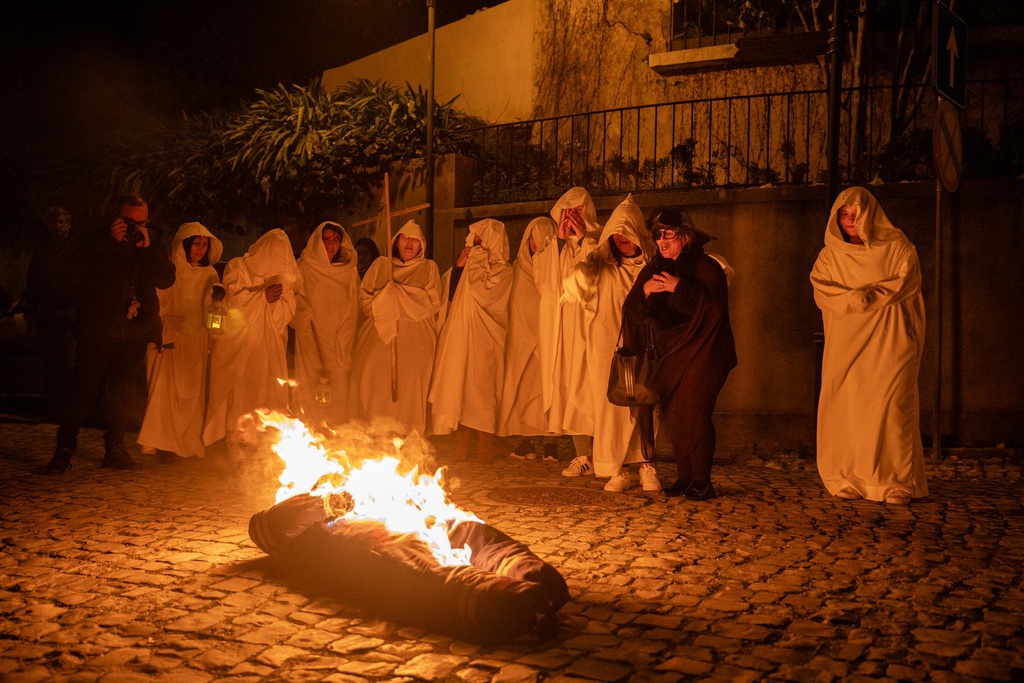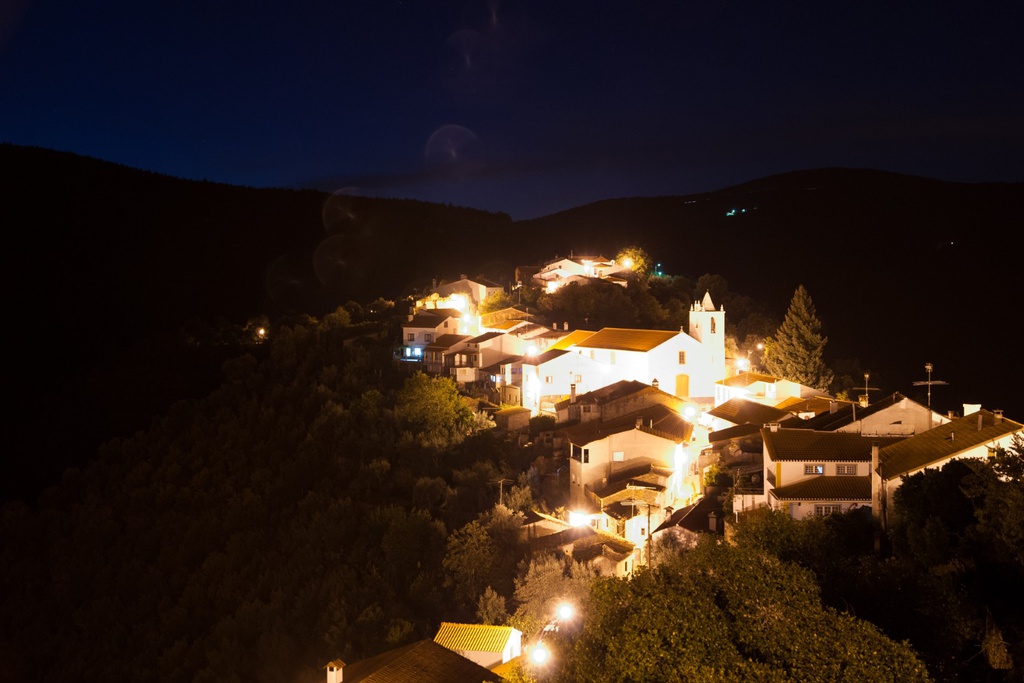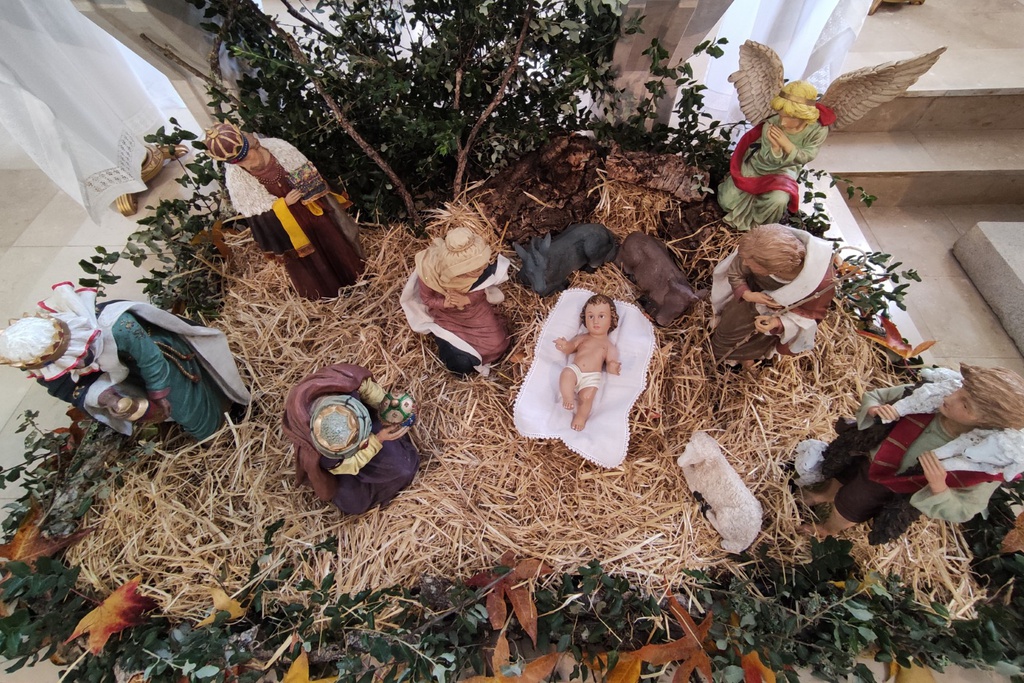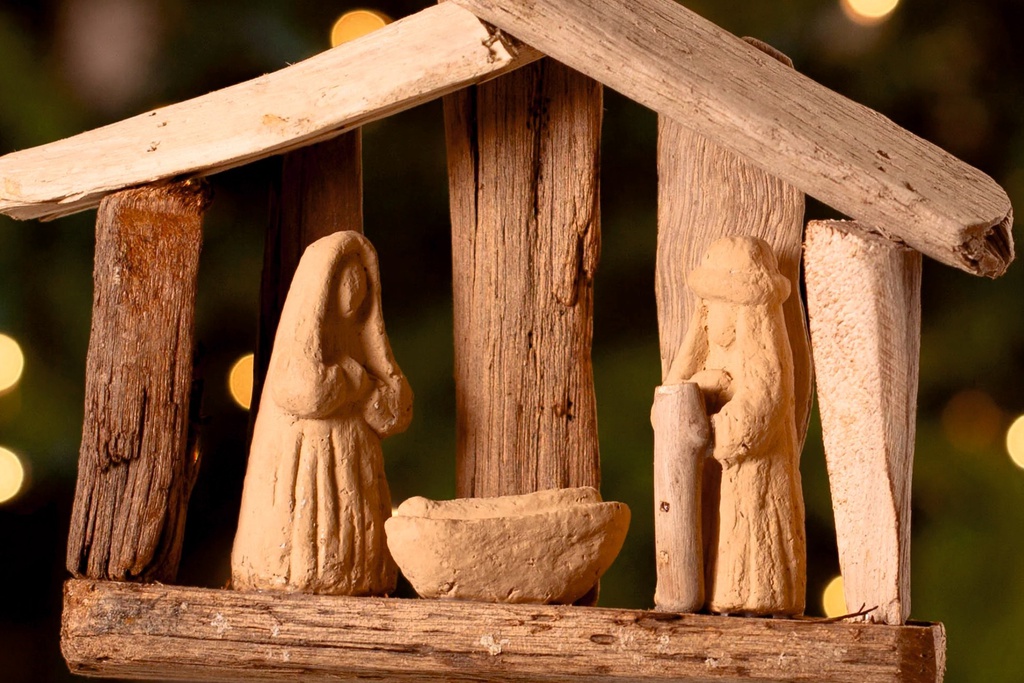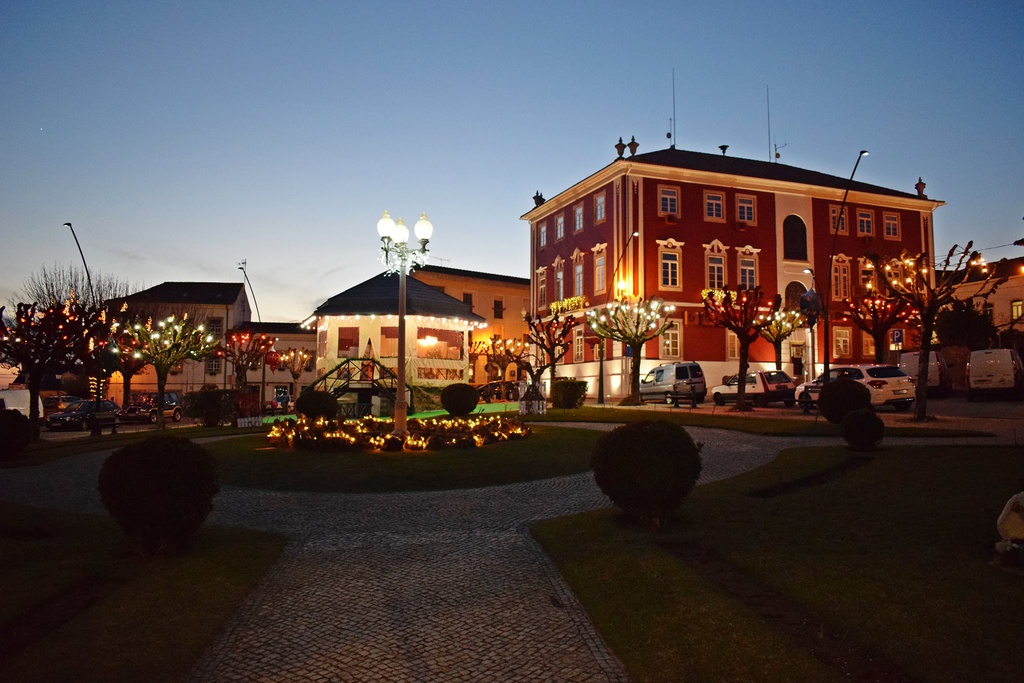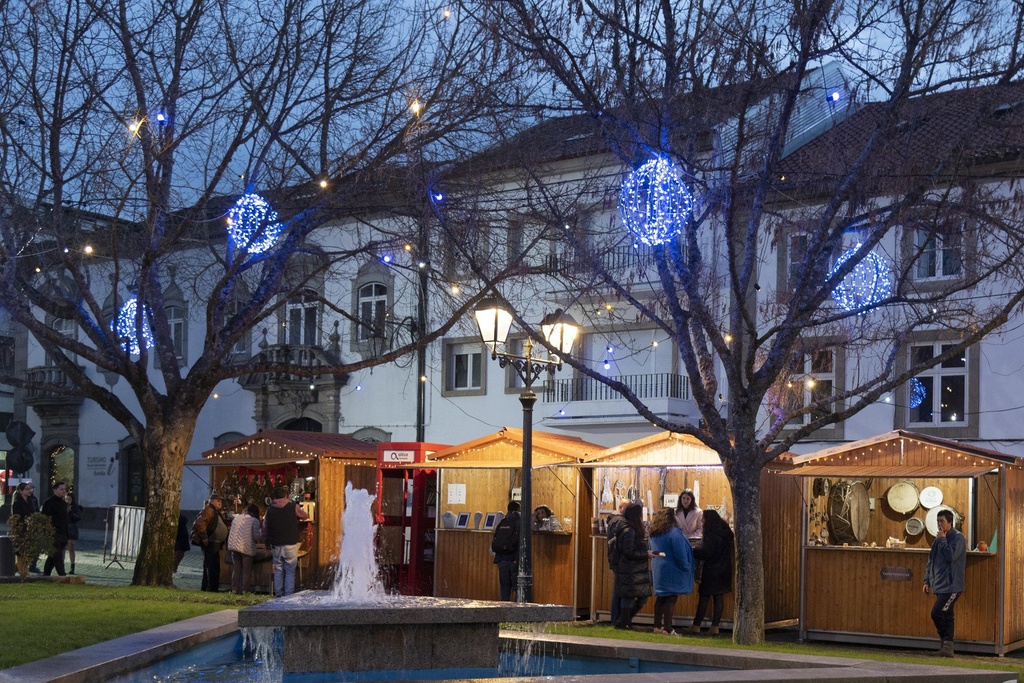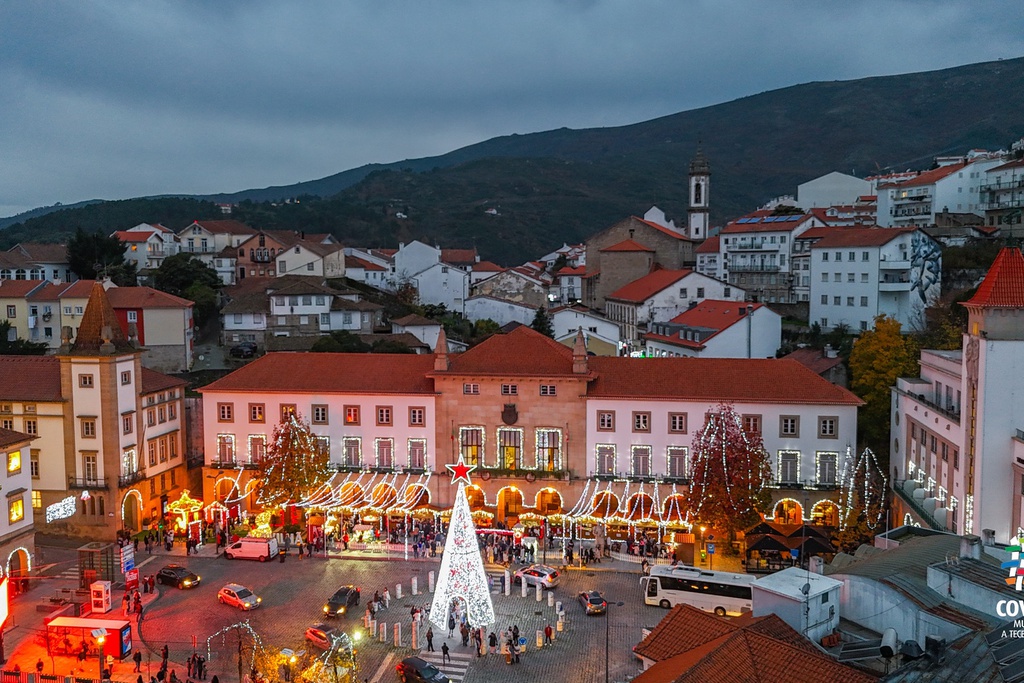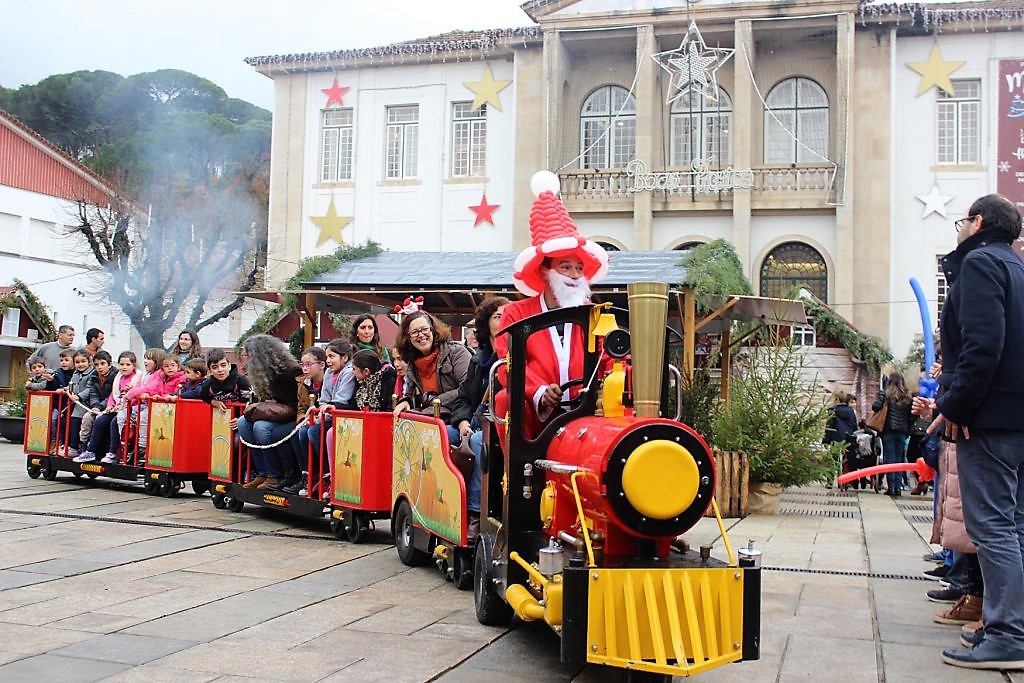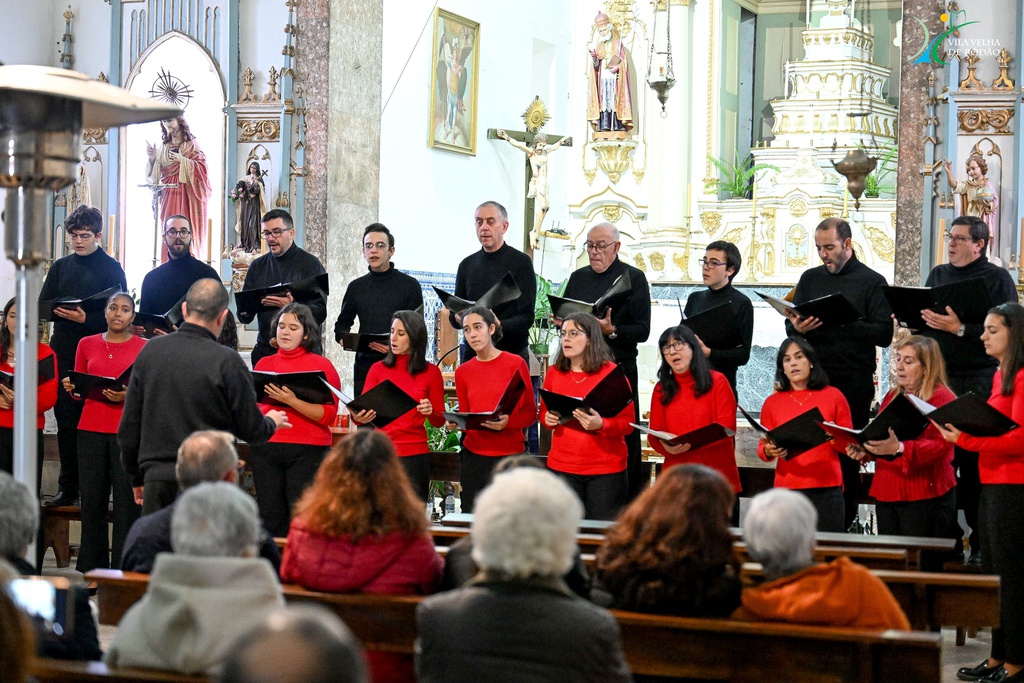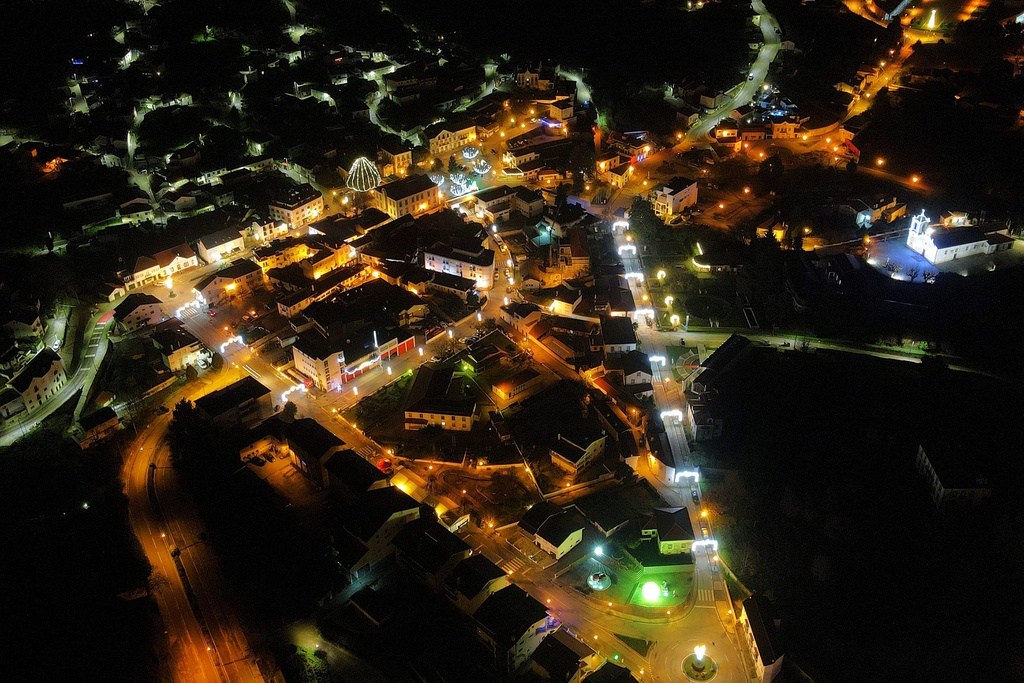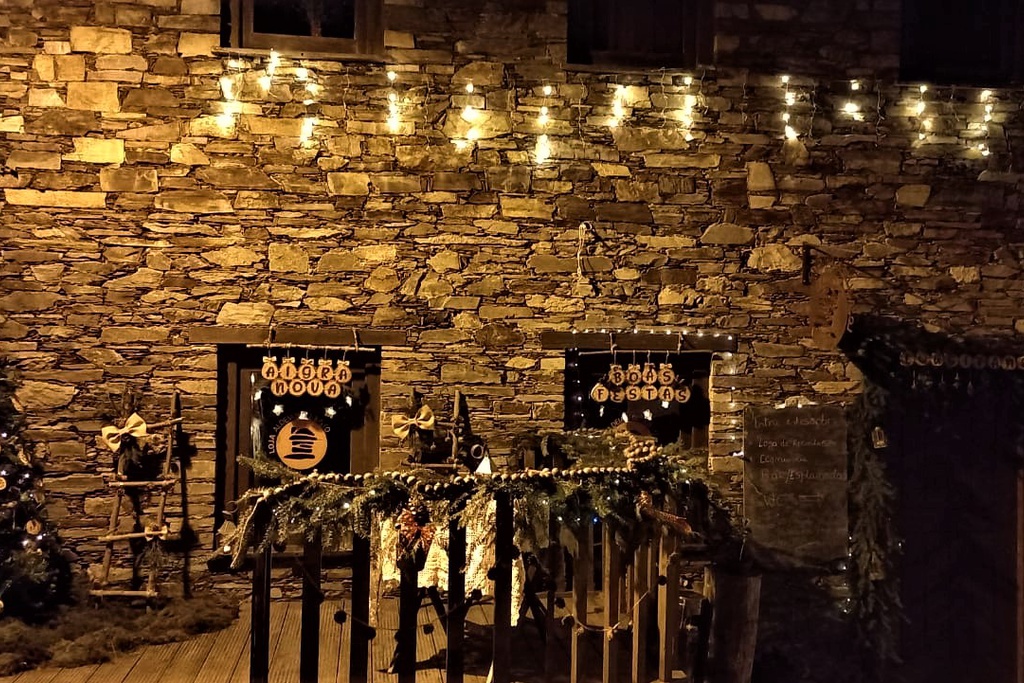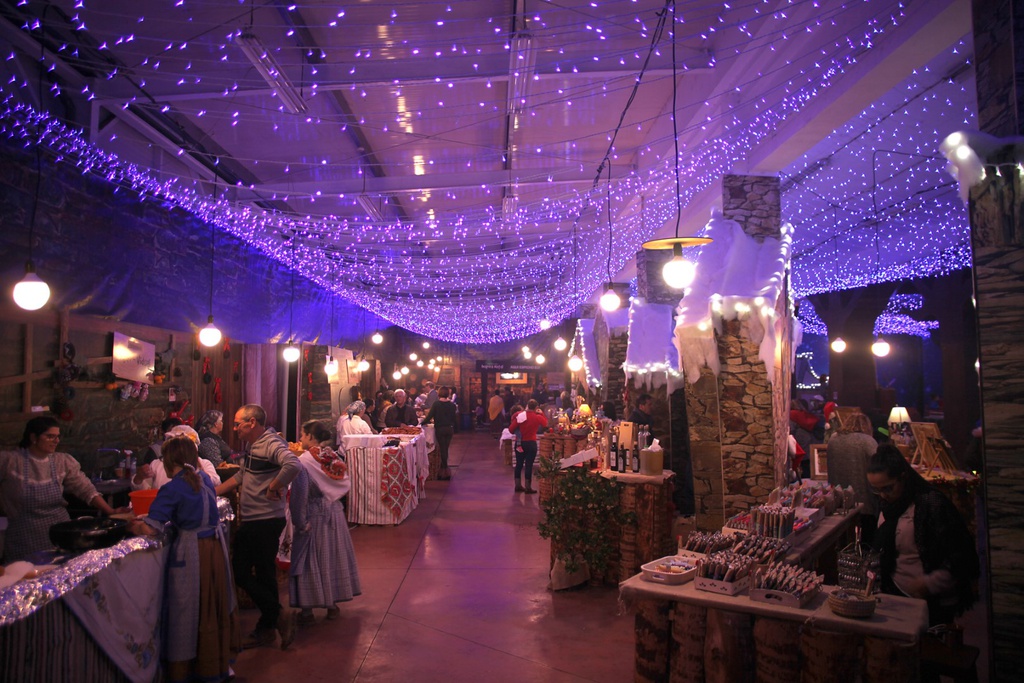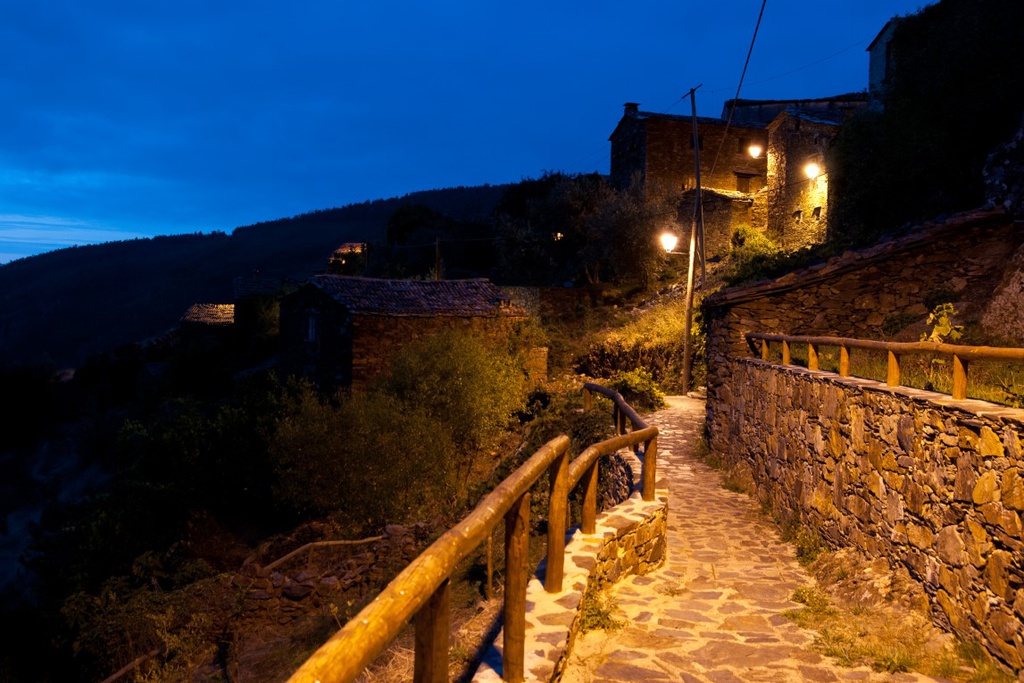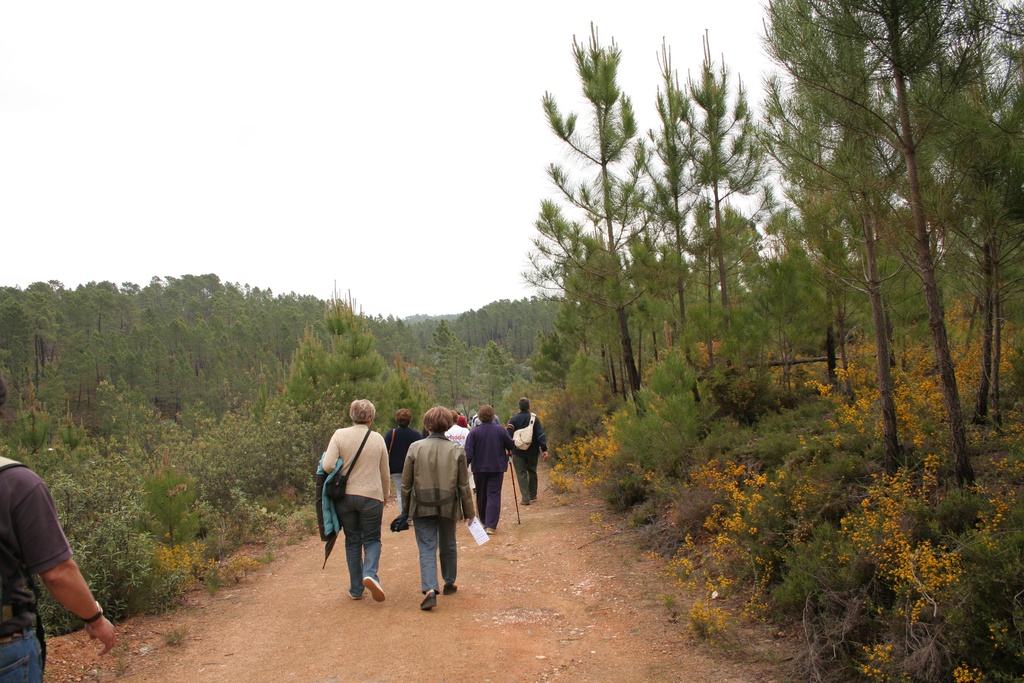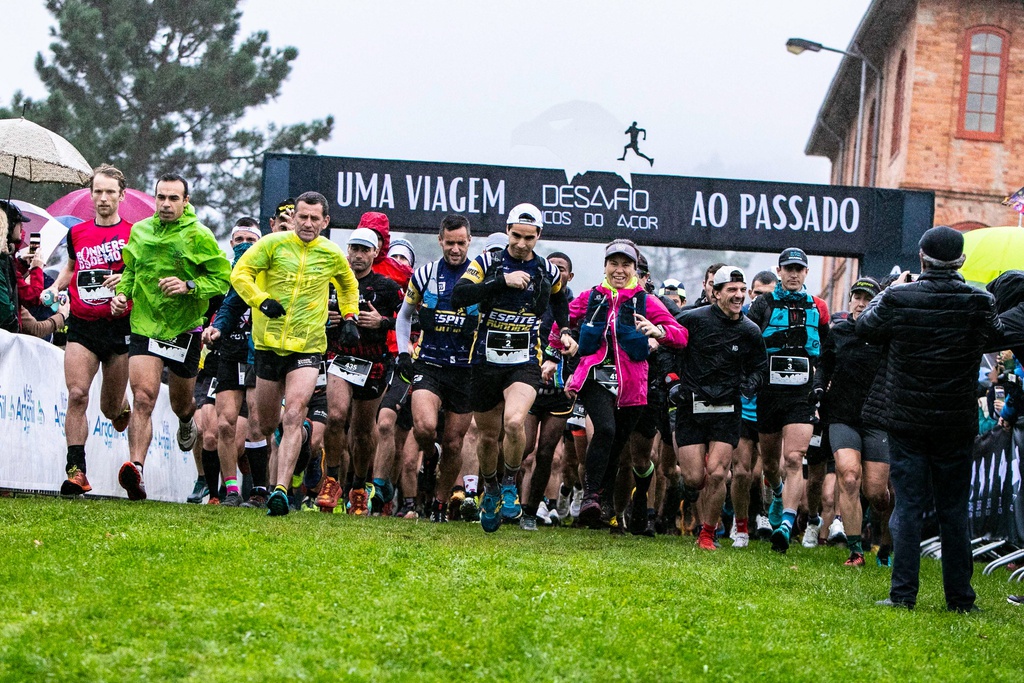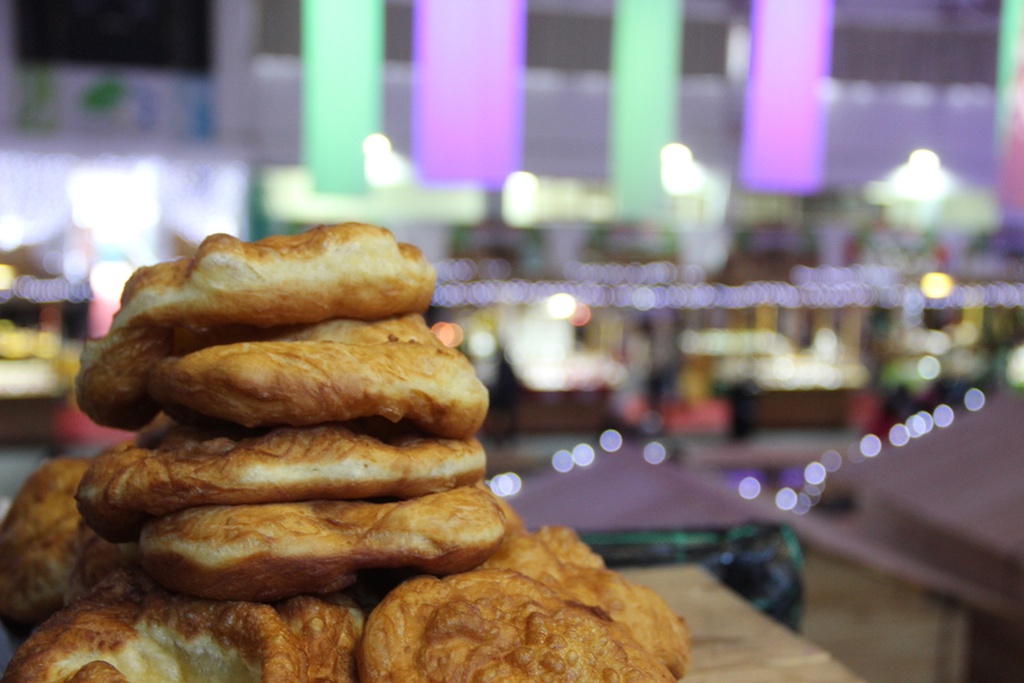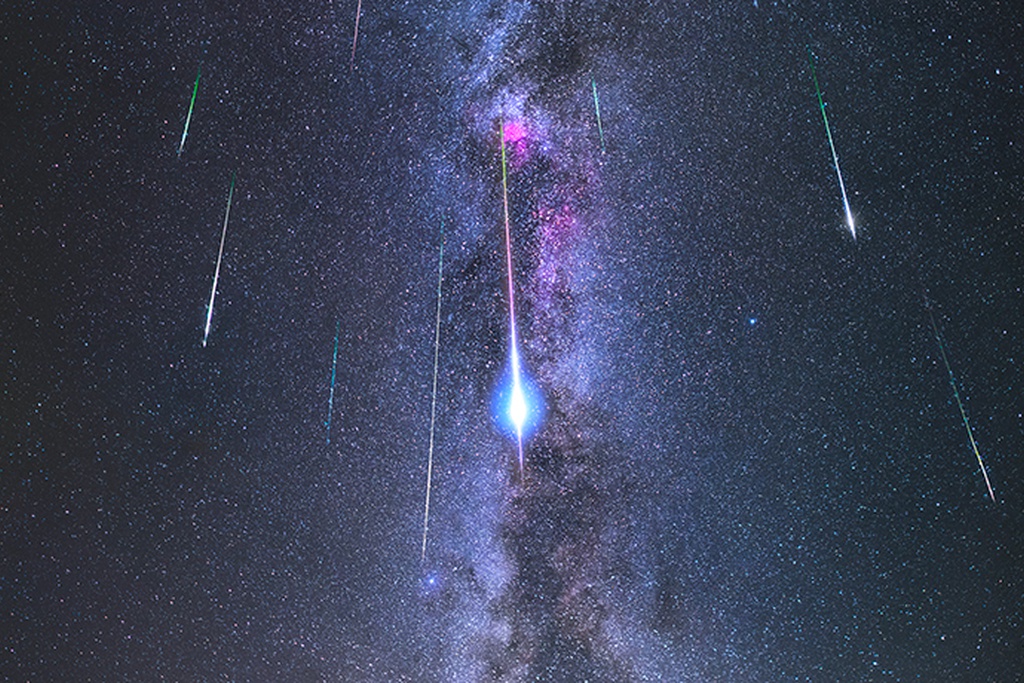Cerdeira, 7th August 2018. Over the course of three days there was a workshop titled Master Japanese Ceramics, led by Masakazu Kusakabe, with 13 participants of various nationalities: Gunilla is a ceramist and has come all the way from Sweden; from London there is Anastacia, a film producer and book editor; from France an American couple of engineers, Stephanie and Forest; Ana and Nuno are a couple from Santarém; a teacher and artist, Fernando; client manager Maria João; the Chinese Ding and American Paul come from Lisbon; Sara and Irene are there representing the Alentejo; and Izillda Gallo, from Serra de Aire, completes the group.
It’s after ten o'clock at night and everyone is gathered around the smokeless wood-burning kiln. After many hours of waiting, it was finally time to see the results of the work carried out over the previous three days.
Masakazu Kusakabe is crouched over the kiln, which is still hot, and starts to remove the pieces one at a time. “That’s mine”, “That’s the sensei’s”, “That’s yours” can be heard. The anxiety and anticipation are almost palpable and we are standing on tiptoe so that we do not miss anything. “It’s not Christmas Eve, but it feels like it”, we think, when we see the smiles and laughter of joy and surprise of each participant as they observe the pieces that have issued from their souls through their hands.
Once the several dozen pieces that were created in just two days have been removed, we feel safe to say that everyone was happy with the gifts they received.
It is now time to tidy up and prepare some details for the next day. There is more firing and the preparation process requires some care. It is necessary to dismantle structures in the kiln that keep the pieces in place, clean them of every last trace of the previous works and replace everything ready for the next batch. The meeting is scheduled for 09.00.
Sasukenei – Smokeless Kiln
Curiosity, the wish to learn more and the desire to practise ceramics are some of the reasons given by the various individuals participating in the course. However, the smokeless wood-fired kiln, or Sasukenei, is the big star.
Gunilla has been working in ceramics for over 40 years and wants to build a wood-fired kiln. She came with the purpose of gaining knowledge on the best way to do this. Stephanie and Forest are here for the same purpose.
“I heard about this workshop and was very curious to see the kiln working and produce some pieces under the guidance of the Japanese master, and so gain extra knowledge. We are always learning”, says Fernando, underlining that “this kiln is unprecedented in Portugal”.
"I wanted to learn about the firing process in that kiln and understand the effects it has on the materials and I’ve already learnt quite a lot”, Ana adds. Nuno agrees and shares his wife’s opinion.
For Izillda, the kiln is “magical” and “an important part of the heritage of Cerdeira and all potters”.
Sara still had some reservations about the aesthetics of the pieces: “I still do not know if I like the effects or not”. She recognises, however, that “it is an ancestral craft technique that uses the elements of nature” and is, therefore, “very special”.
For Paul, an American photographer who has lived in Japan, Singapore and now Lisbon, this “is the perfect thing for me to do”. Paul found this course while looking for information on ways of working in ceramics. After many years dedicated to photography, he now wants to commit some time to an “art that is tactile” and create things “that can be used and create a spiritual connection”. A lover of Japanese pottery, it did not take him long to decide to join the course.
The smokeless kiln was built by Masakazu Kusakabe in 2015, with the support of the Aldeias do Xisto and a team of potters from the Cerdeira Arts & Crafts School. The suggestion to structure the project in this way came from the Portuguese ceramicist Ricardo Lopes.
This ancient technique has shown itself to be essential to contemporary ceramics. The various compartments, or chambers, allow the temperature to be regulated and conduct the heat in such a way as to achieve unique and different results, effects and glazes. Moreover, it can complete a firing in just 36 hours, achieving effects on ceramics that normally take sixdays or more. Inside this kiln, the temperature can reach 1300 °C.
There are certain rules which must be followed: the firing is based on a computer-generated document which shows the temperature curve every hour. The process is monitored around the clock, with users split into shifts to ensure that everything goes more or less according to plan.
The actual temperature is noted and compared with the predicted values. The process is then adjusted according to the observations. If the temperature is lower than predicted, more wood is added and embers are taken out if it’s too hot, if all is well, monitoring continues.
The kiln is connected to 3 thermometers where the temperature can be checked at any time. This both stimulates and allows for the process of experimentation that is ever-present and fundamental to the learning of all those involved. In this way you can see, for example, what the firing point is for a particular material or mixture of components, and at which temperatures they remain intact or melt.
For many people, there is but one question: why doesn’t a wood-burning kiln give off smoke? “The oven is built so that all the carbon dioxide is consumed during the firing itself”, explains Kerstin Thomas, artist and one of the main people responsible for the movement that has put Cerdeira on the artistic map of Portugal and the world. Masakazu Kusakabe speaks of “perfect combustion”.
Masakazu Kusakabe, the sensei
Masakazu Kusakabe has been to Cerdeira a number of times. In an English strongly marked by a Japanese accent, he tells us that he is interested in villages of this kind, where he can carry out another activity that gives him pleasure, which is stargazing.
The Cerdeira Arts & Crafts School website states that this Aldeia do Xisto is “his favourite place in Europe, because of its beauty and proximity to nature, its kiln, which is unique, the Cerdeira Village project that means so much to him, and above all because of the affectionate way in which he is received by Portuguese artists”.
His teaching follows various principles. The nature of the “disciples” and the place where the course takes place are principal factors in this teaching method. However, regardless of these characteristics, there is one thing that is never put to one side, which is Japanese culture.
“The sensei brings with him all the clichés from Japan: sushi, samurai, the tea ceremony. This is very funny”, says Sara. “It’s half elder, half child”, she concludes with a smile.
It is meticulous, but flexible enough to allow room for creativity. To her and all those who eagerly imbibe his teachings. Among other aspects, this is what “makes him an excellent teacher”, considers Izillda. “This is a constantly-changing and dialectical process. There is always a dialogue with the clay and it is never the same”, she adds.
The sensei continually encourages the search for new possibilities and new varieties of ceramic, made of traditional materials.
“I want them to take away a strong impression from here”, he says. Persistence is also important: “Don't give up. We can fix about 90% of what we do”.
These words confirm what Kerstin Thomas had already told us and what we had also been hearing from the participants. “You are always challenging us. Here, you are looking for what is unique, not so much a perfect piece. So there is always a good deal of experimentation”, he points out.
Irene did ceramics some years ago and came to Cerdeira “without any expectations “. The fact that the work does not focus on the perfection of the pieces was one of the aspects that most captivated her.
Masakazu Kusakabe applies “wabi sabi”, a Japanese concept that seeks to find beauty in imperfection. A kind of perfect imperfection.
Learning from others
Teamwork and the exchange of experiences are other aspects highlighted by the participants.
“I have already learnt a lot of things and many techniques. You learn a lot by watching others do it”, says Maria João, a beginner in the art of ceramics. She also highlights the “community spirit” that has been established inthe group, which is “very different” from what she is used to. The peace and beauty of the village that serves as the setting for the course reinforces the idea that you have chosen well.
Gunilla works alone and does not always have “the opportunity to discuss and exchange ideas”, something that happens all the time during this course. She provides some examples by saying that she had some difficulties with the finishes on some of her pieces. At Cerdeira, she learnt from resident ceramist Renato Costa e Silva how to overcome certain obstacles.
On the other hand, she realised that when you meet other professionals, besides learning, you can also teach.
“I feel that my experience is useful for other people”.
“You do not know people and suddenly there is this process of brutal team building”, Sara stresses.
Anastacia is a film producer and book editor in London. She was passing through Cerdeira in March, when Kerstin Thomas told her about this course. Her interest in ceramics and Japanese aesthetics led her to enrol.
She has done some pieces, but has no training and, for example, she had never worked with a wheel.
She arrived with no plans. “I just wanted to learn as much as I could”. When we spoke, the course was still only half-way through and it was already positive, on balance. “Two days ago, I didn't know how to work the wheel. Now I can”, she said, happily.
In the case of Ding, originally from China and now living in Lisbon, Cerdeira was the factor that most attracted him. He likes ceramics and is also interested in other subjects, but what he really wants is to get to know places like the Aldeia do Xisto village.
Cerdeira has an “impressive” artistic movement
When you talk about Cerdeira, you are describing art, creativity, natural beauty and stunning landscapes. A combination of elements that has been attracting more and more people, both to learn and get involved in the workshops and courses, or simply to enjoy an idyllic setting that relaxes the body and soul.
The commitment to artistic activities hardly passes unnoticed to anyone passing through this Aldeia do Xisto, and the trainees on the Japanese Ceramics course are no exception. Irene says she is “impressed” with the artistic movement that is being developed in Cerdeira, which she says is a quintessential element of the Aldeias do Xisto.
“It’s not just a tourism project, it’s a project that also considers the people who have an interest in settling here”.
For her part, the Swede, Gunilla, admires Kirsten Thomas and all those who have contributed to this phenomenon.
Workshops challenge visitors’ creativity
The Cerdeira Arts & Crafts School always has various workshops available, subject to pre-booking. According to Kerstin Thomas, they are often scheduled at short notice. People arrive and end up getting carried away by the atmosphere and the desire to try new things or relive childhood memories.
8th August 2018. It is now 10am and the first participants in the Ceramic Figures workshop have arrived. São and Nuno (the parents) and Carolina and Tomás (the children), who have come from Sintra, take the opportunity to have a peek at what is happening around the smokeless kiln, while Kerstin Thomas is preparing materials for the workshop. Despite a cool breeze and the fog that adds to the village’s mystique, she chose as her backdrop a terrace with a magnificent view of the Serra da Lousã. Shortly afterwards, Clarissa and Sebastian (mother and son) arrive from New Jersey and everything is ready to go ahead.
After a brief presentation, in which it was made clear that “hands are our main tool”, it is time to put our hands to the clay. “We are going to do two exercises and then you do whatever you want”, Kerstin begins. And that is how it was, and so two hours passed in which everyone’s creativity was expressed in a variety of ways.
The village is crowded, with all the lodgings full and, not infrequently, people stroll by. They are curious about what is going on and smile when they see the activities in progress.
At the end, everyone left with a smile on their face. “It was fun”, beamed São. “You can relax”, she added as she turned to her daughter to say “let’s buy some clay and do this at home”. Her daughter agrees. It’s decided.
Back at the kiln, apparently, there is some excitement. Some are cutting up firewood whilst others are carrying the pieces of work which were made while the first firing was taking place.
The sensei is already back inside the kiln, laying out the slabs and fire-bricks, which were cleaned earlier, and installing the figures. Forest gives a helping hand and, as the sensei points them out, passes in the figures one by one.
Everything is taking shape and getting ready for another firing, more shifts, more notes, a little rest, but also with a little anxiety for the time to pass and, once again, it will be like Christmas Eve.
Text and photos: Andreia Gonçalves


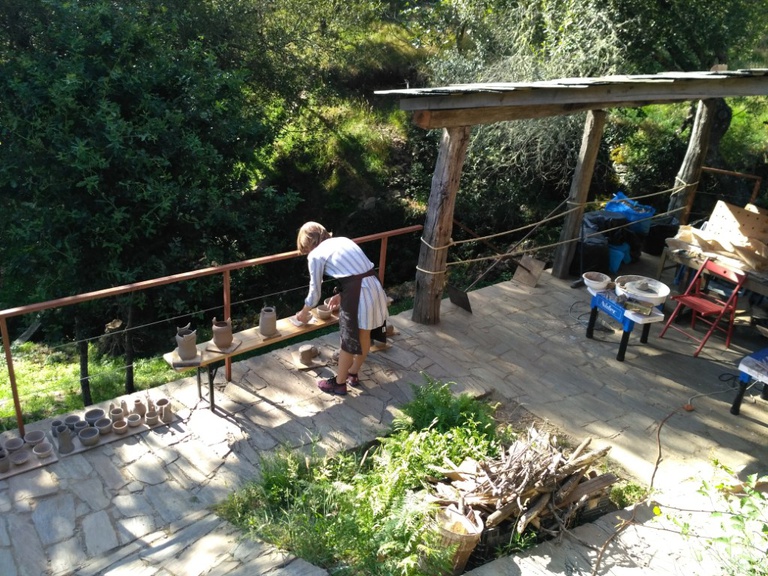
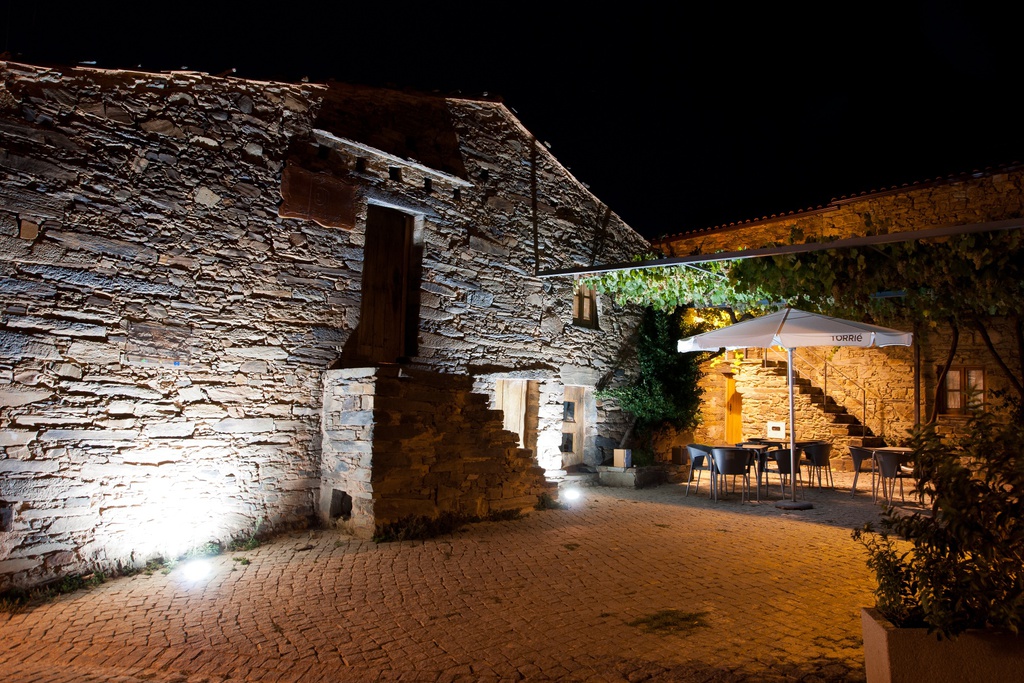
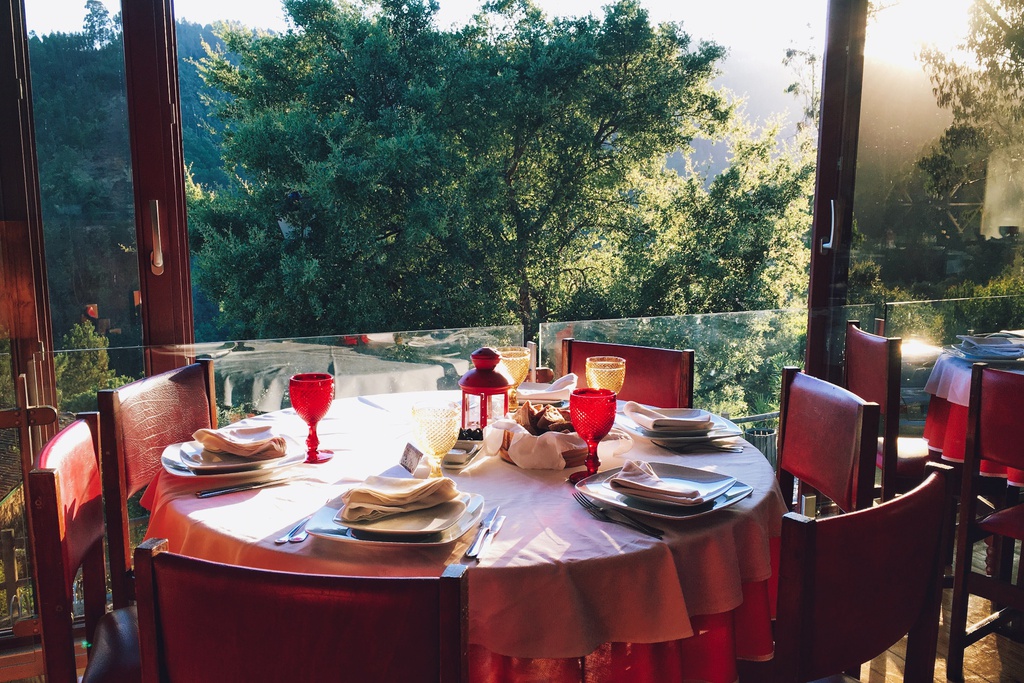
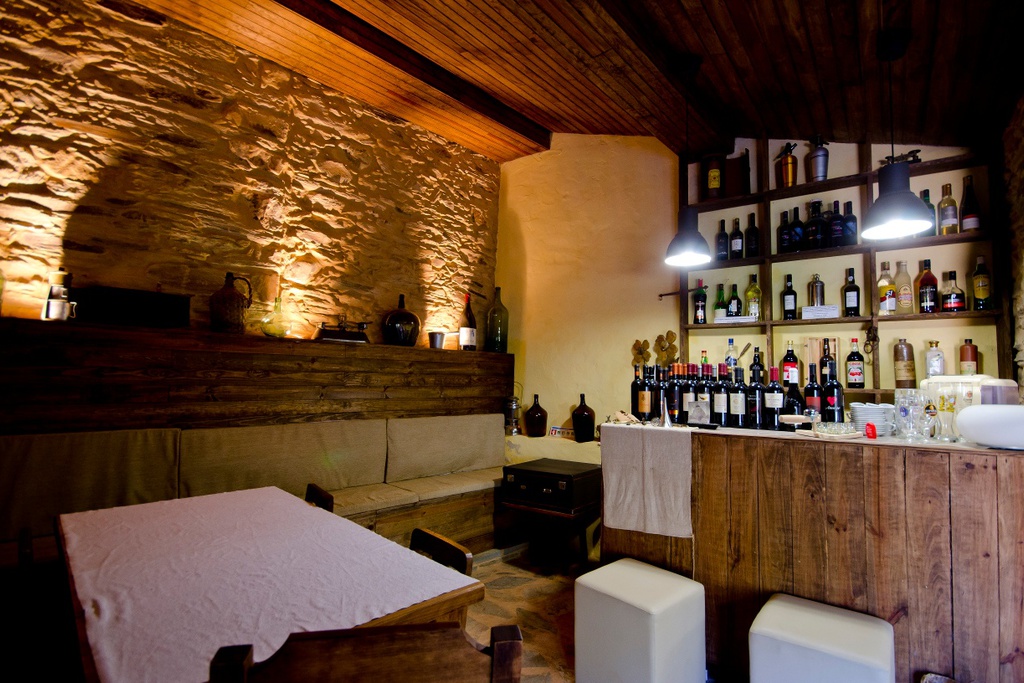
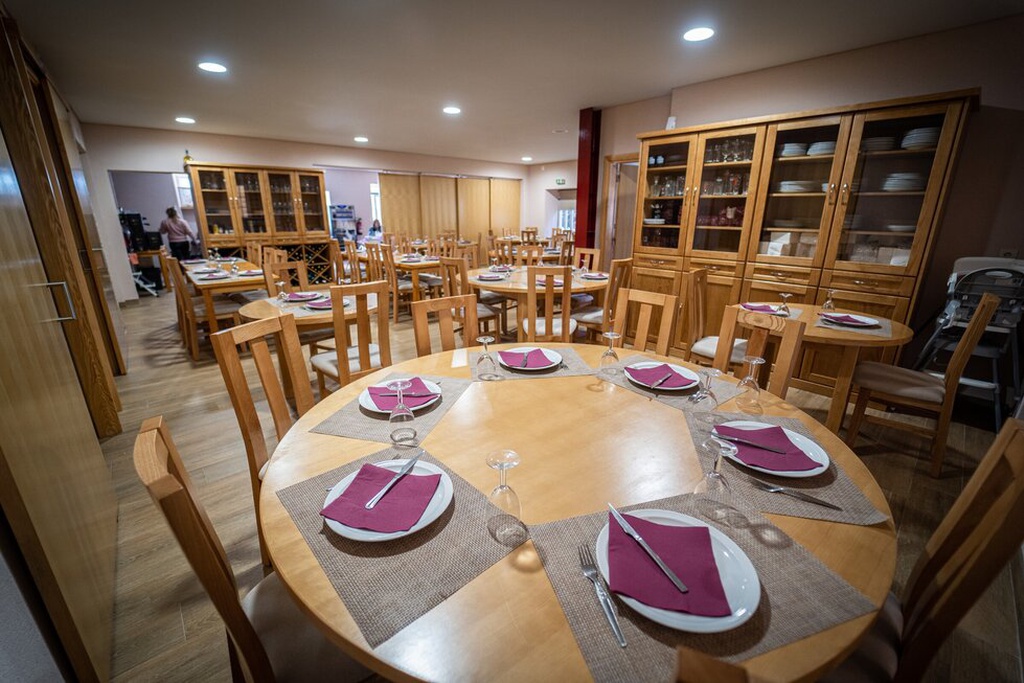
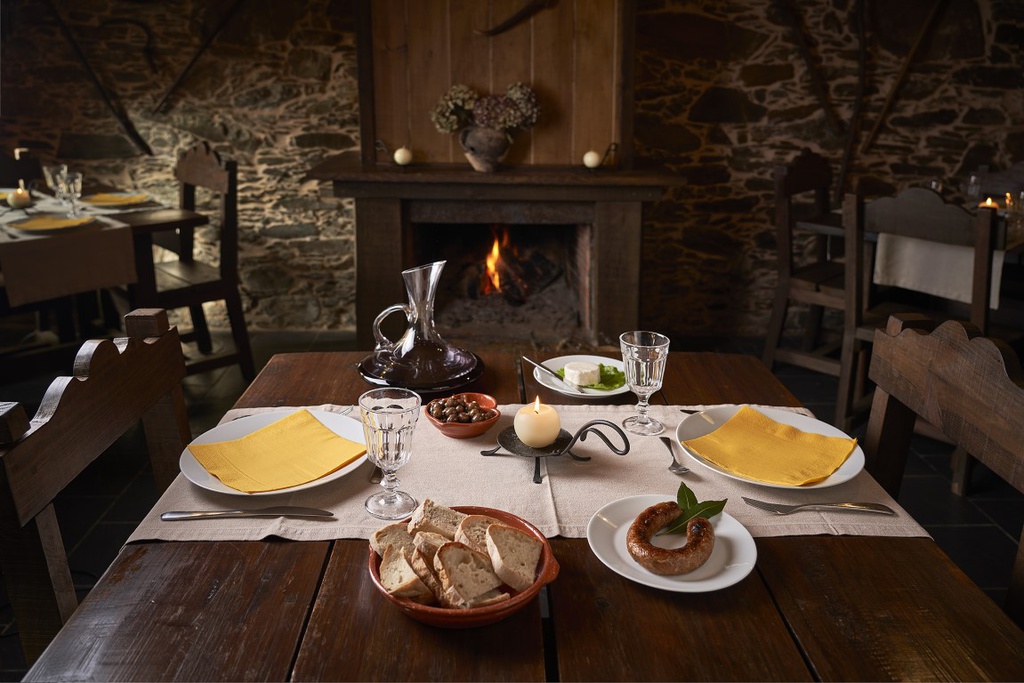
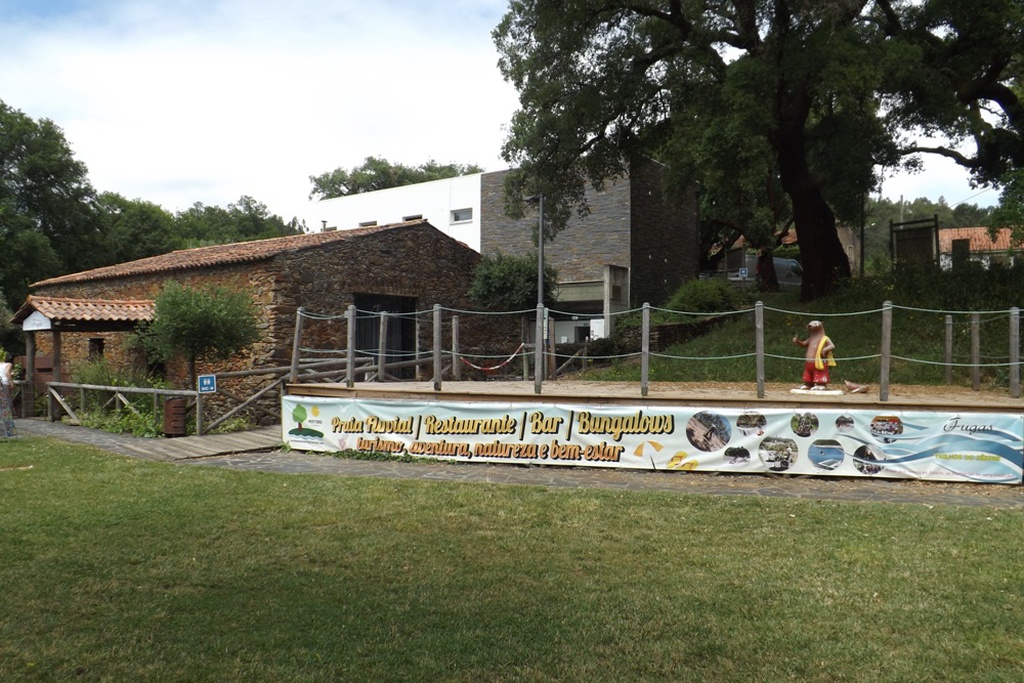
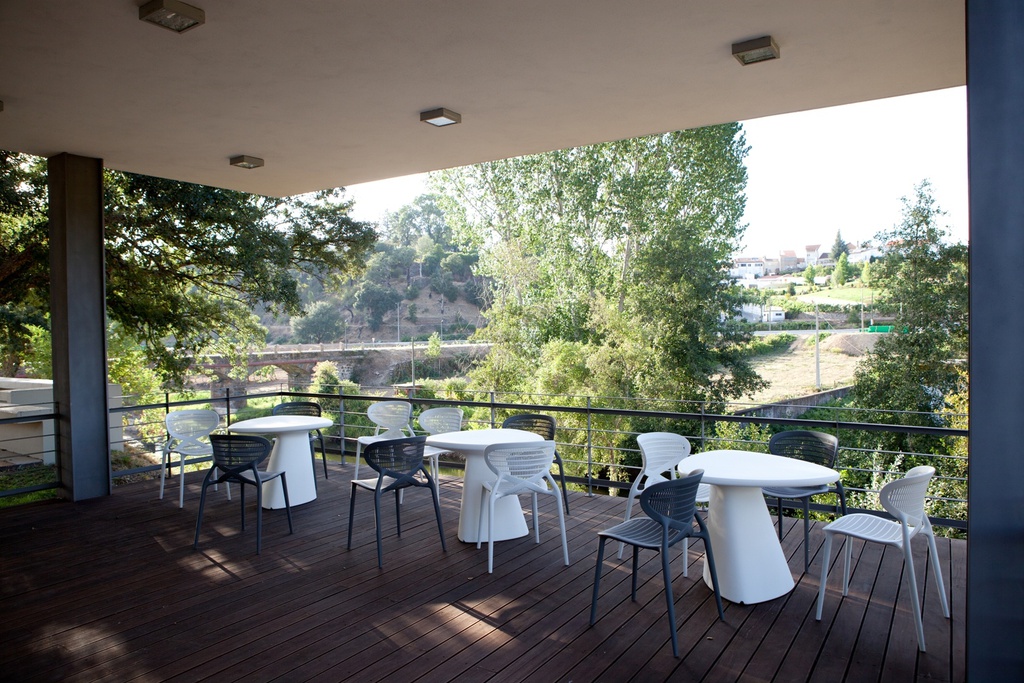
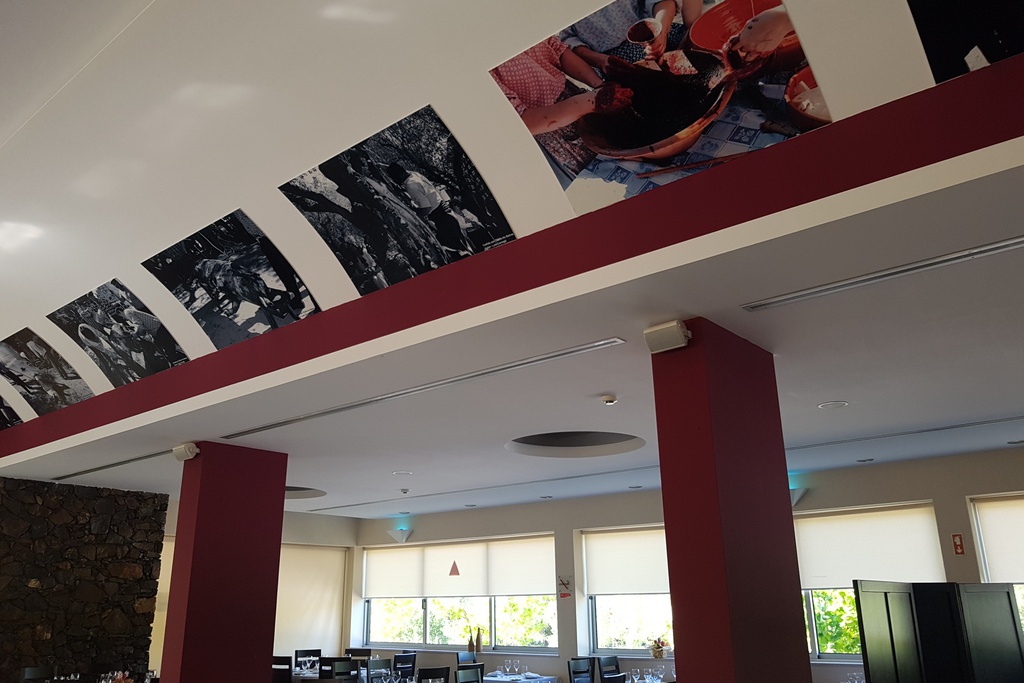
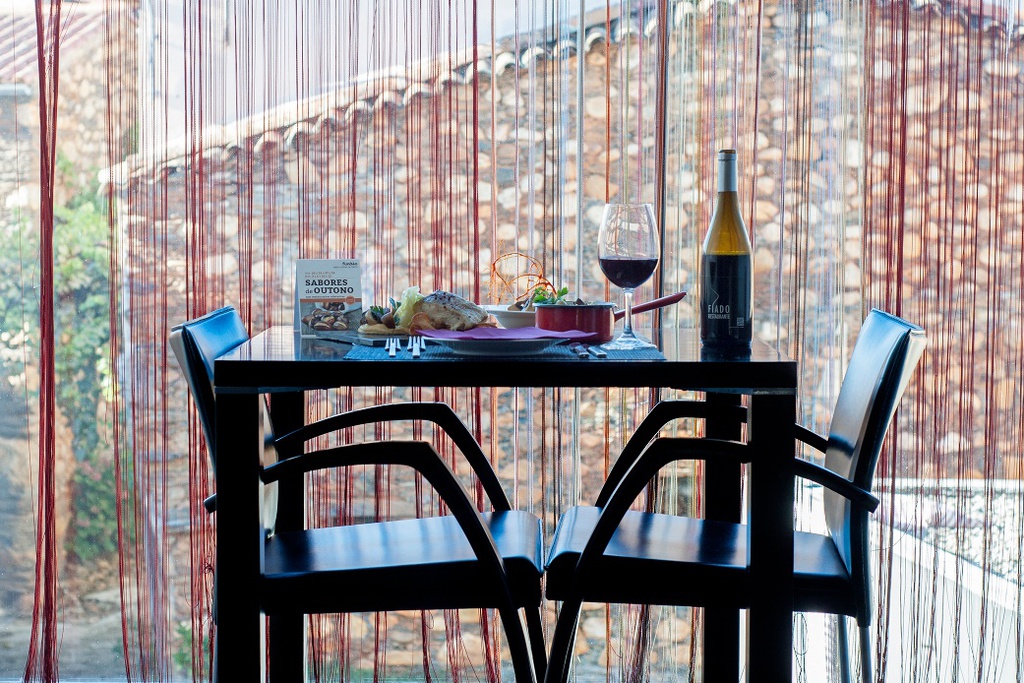
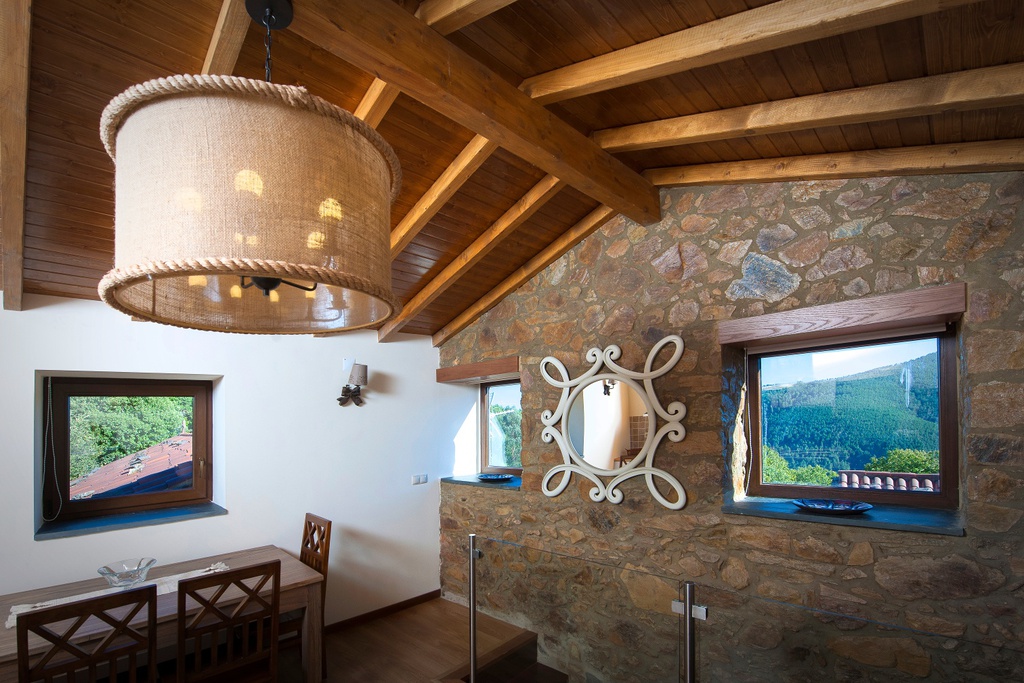
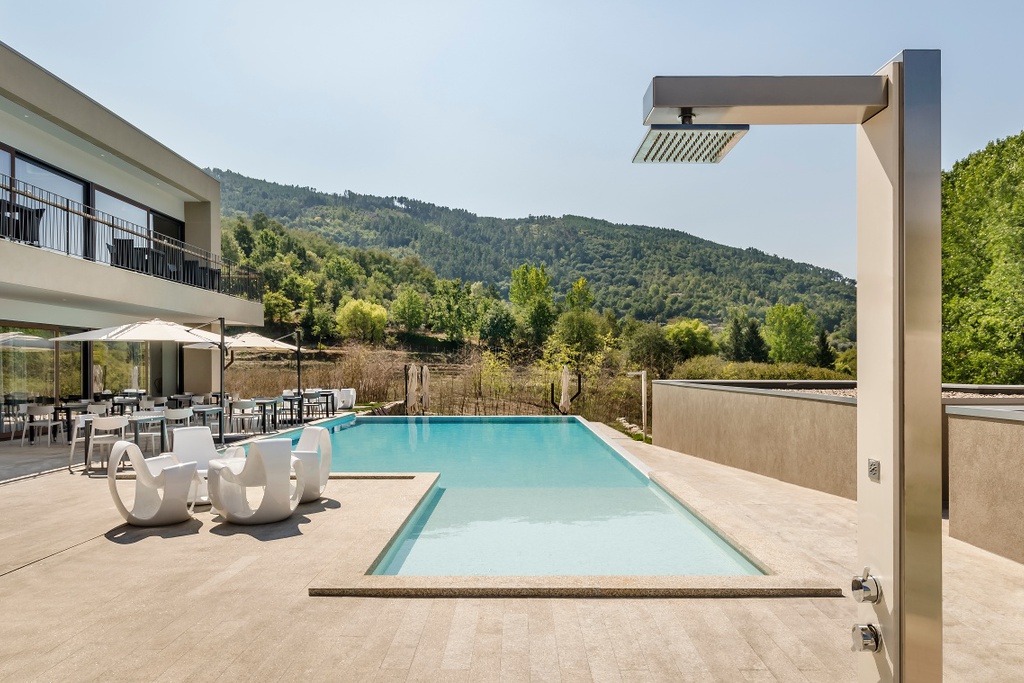
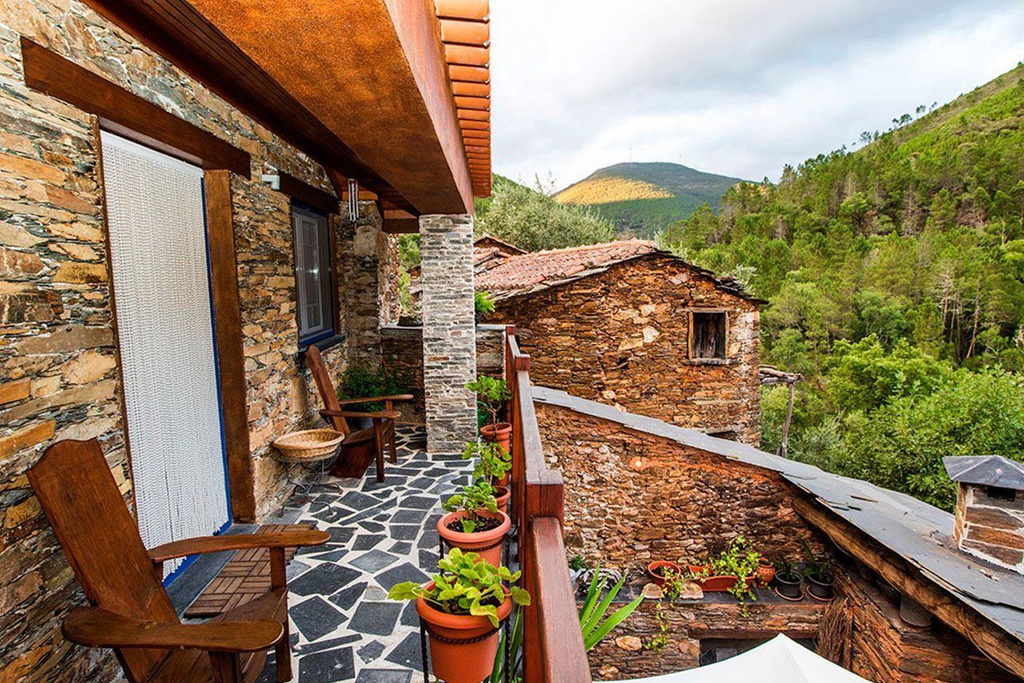
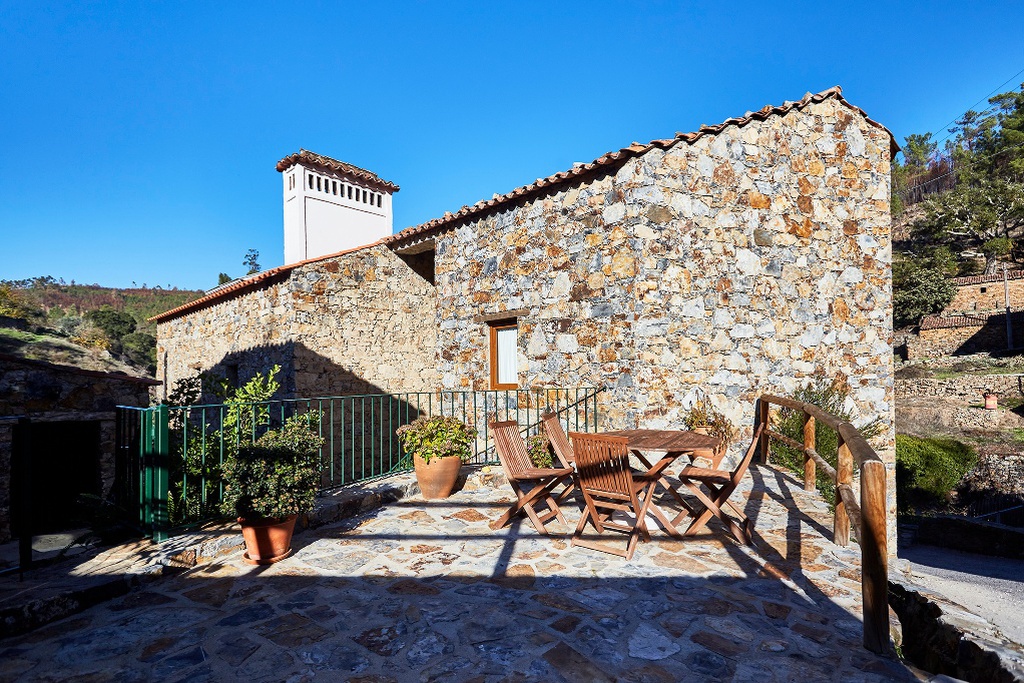
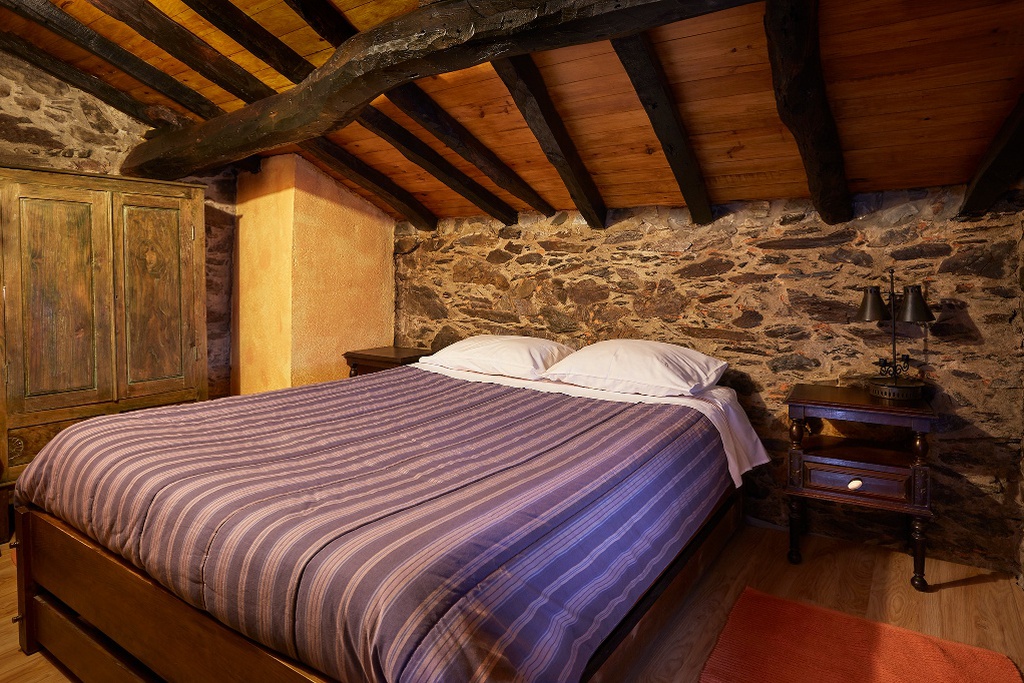
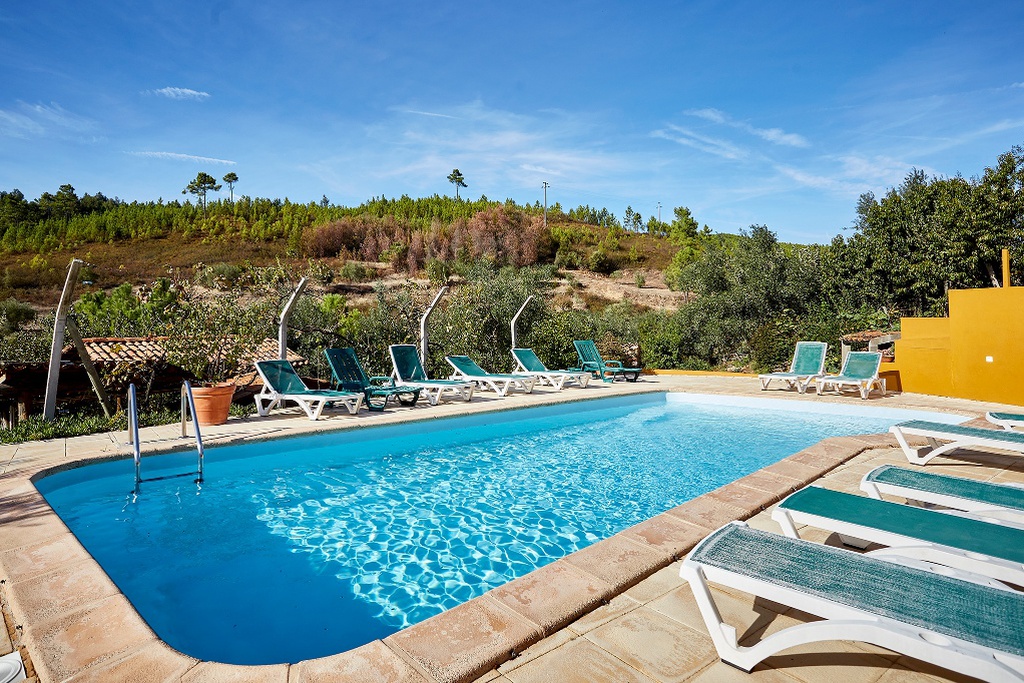
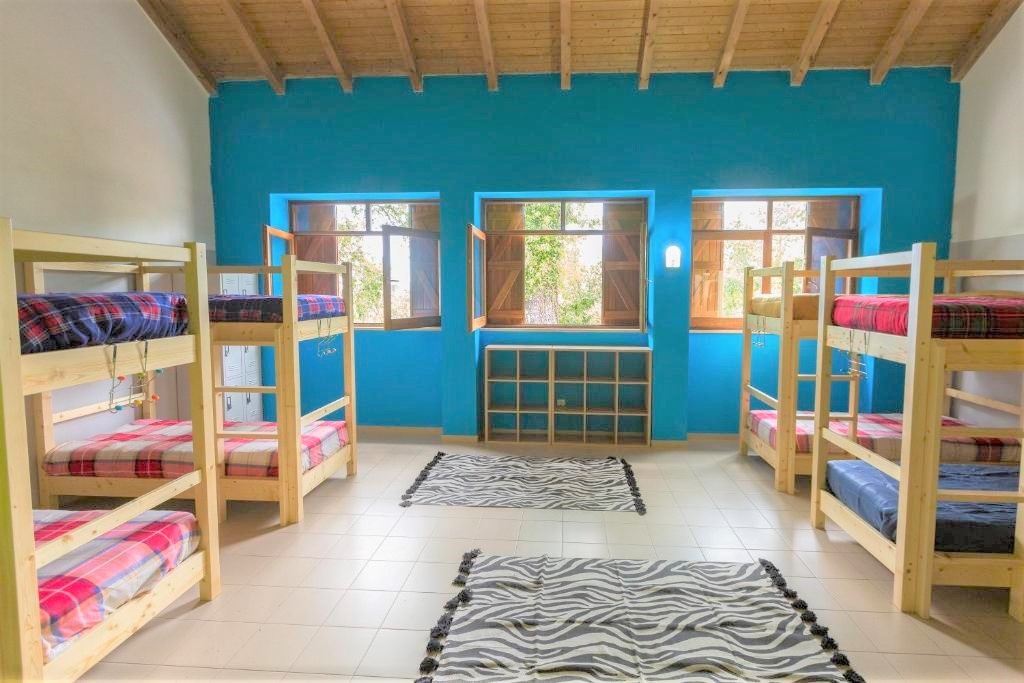
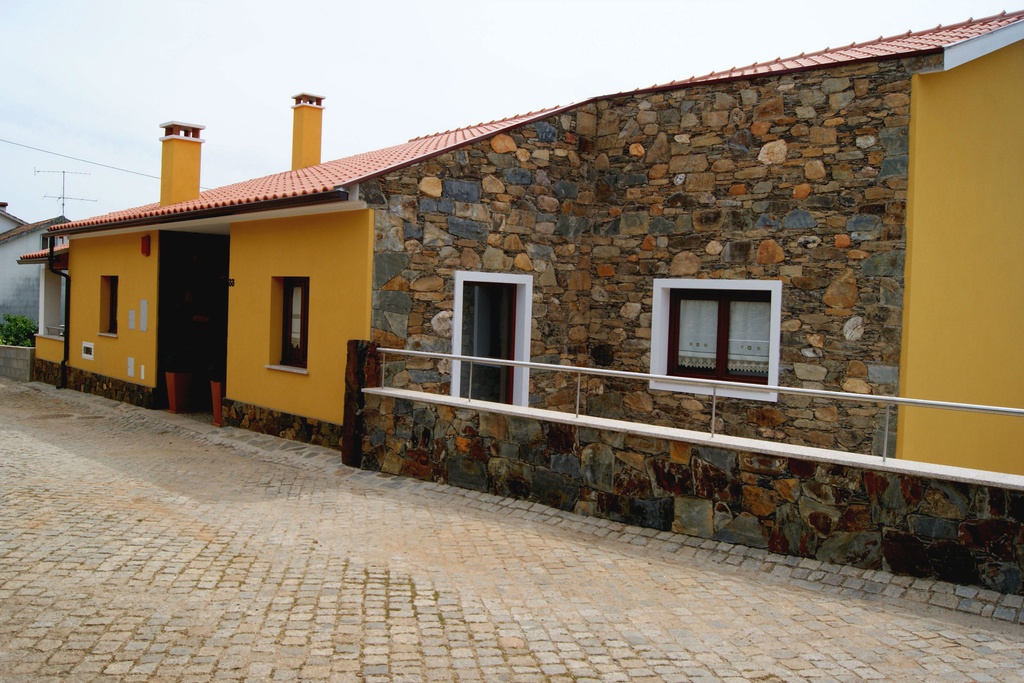
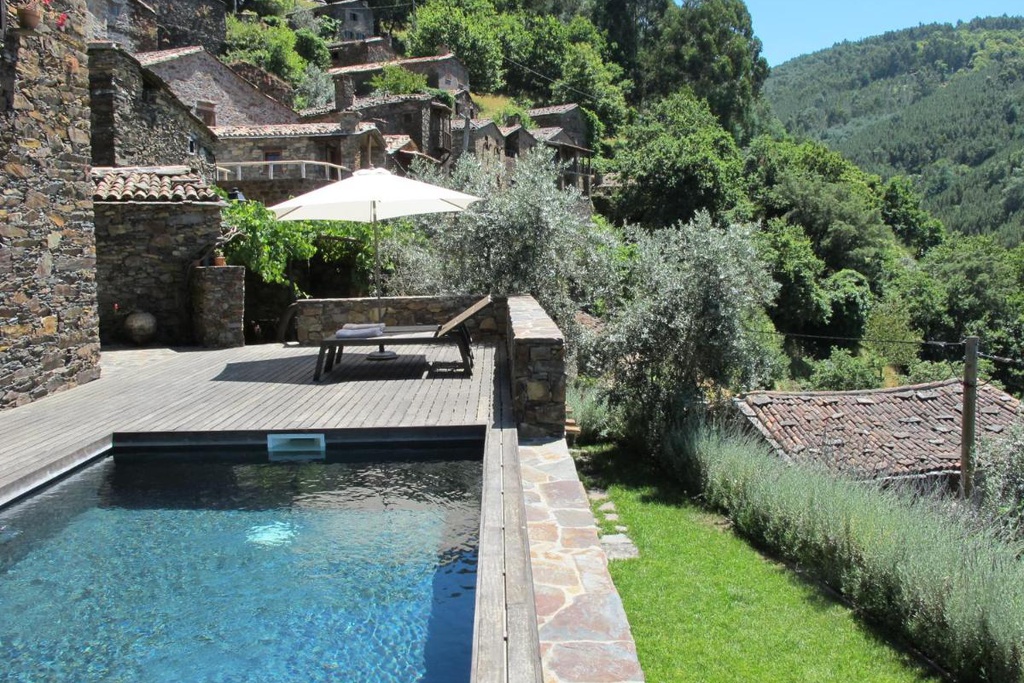
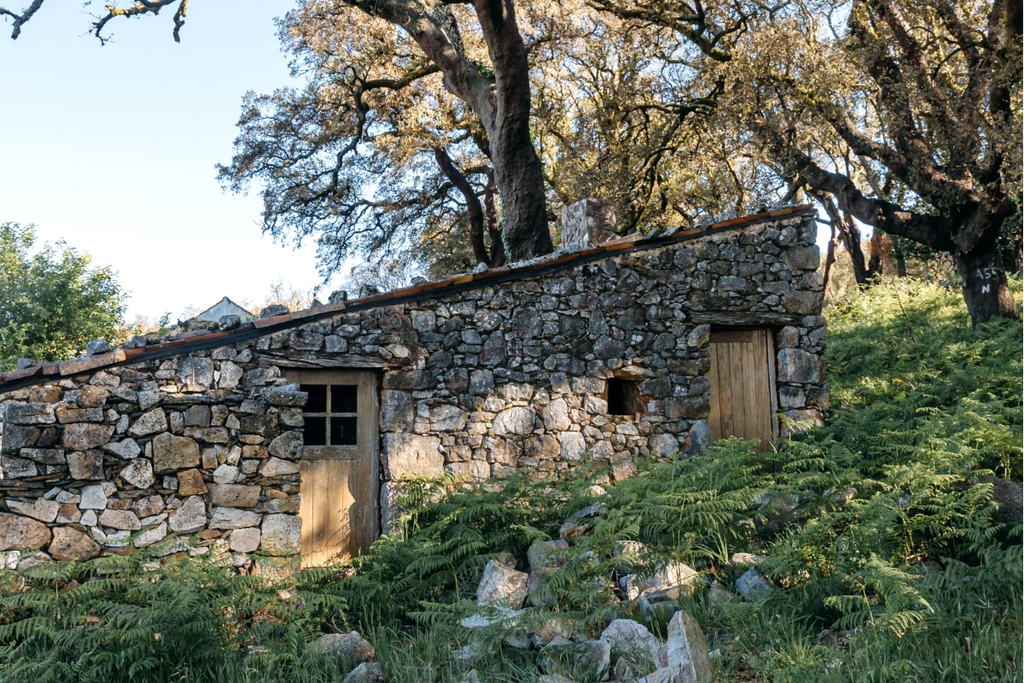
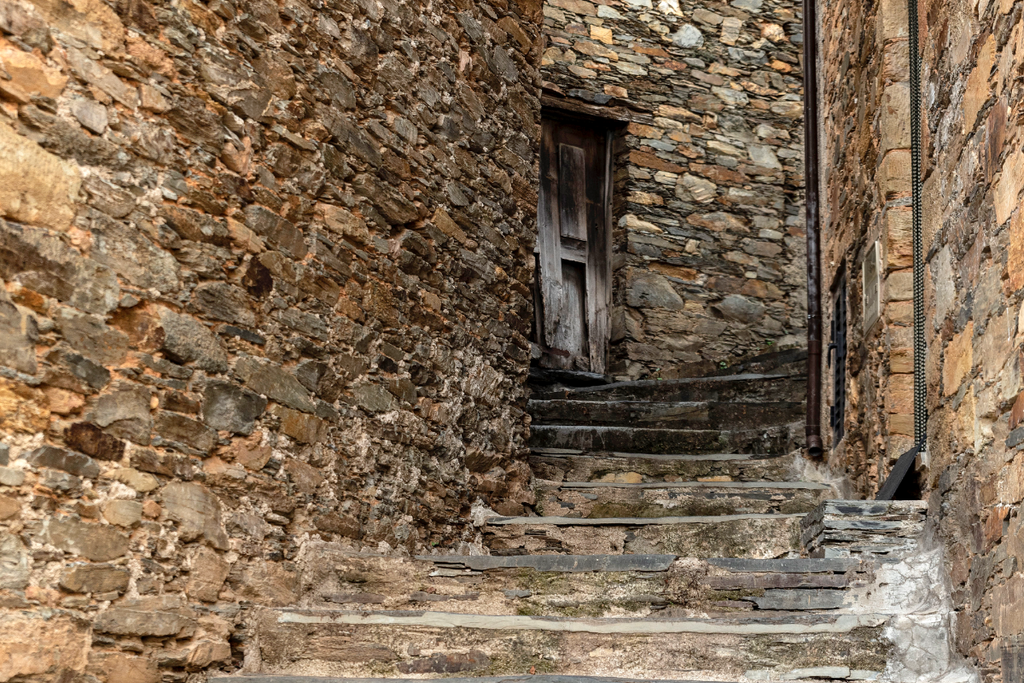
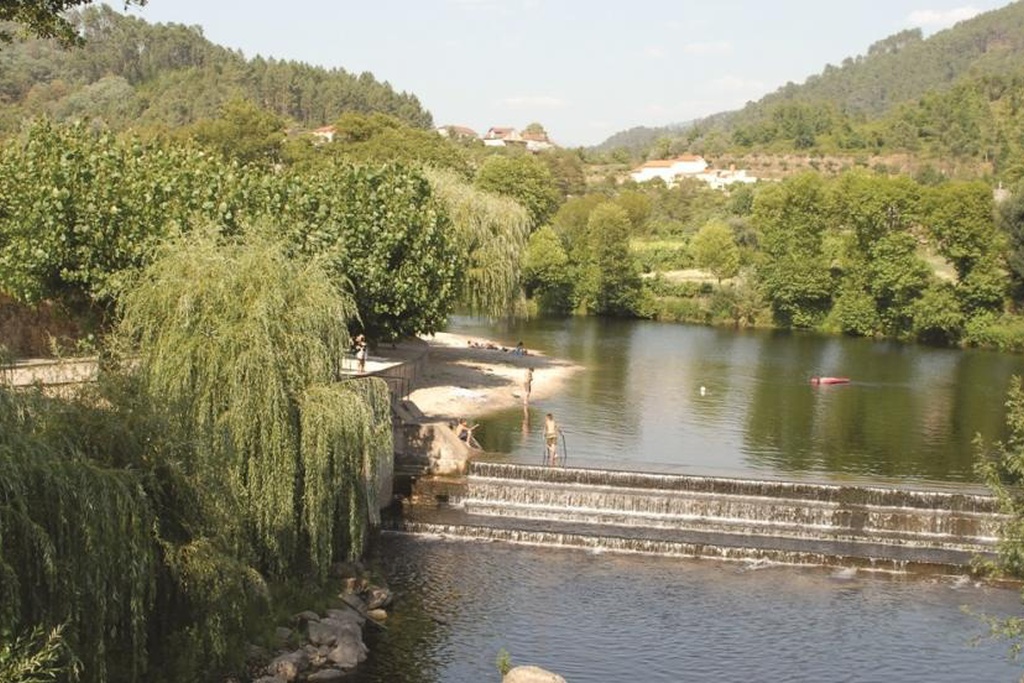
![Irrigating Cova da Beira [GRZ - MTB Sector 2]](/media/filer_public/70/2b/702bc022-591a-4249-a792-769c31f667a2/aldeias-xisto-aldeias-xisto-irrigando_a_cova_da_beira_peso__barco_gr33_-_grz_etapa_6_ssc6w0b.jpg.1024x683_q95_crop_upscale.jpg)
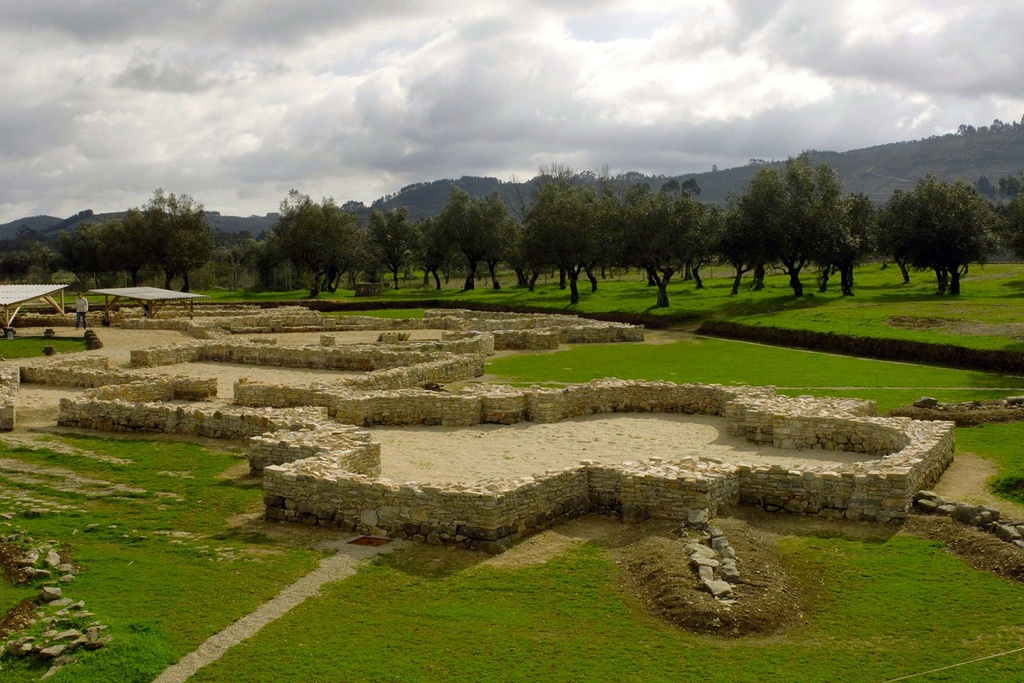
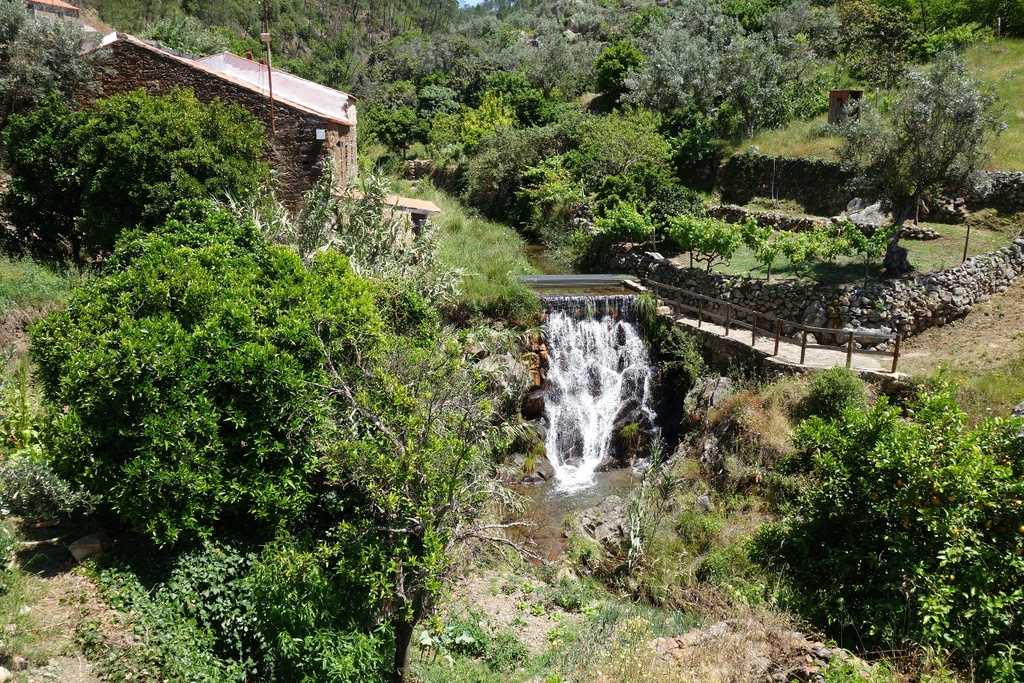
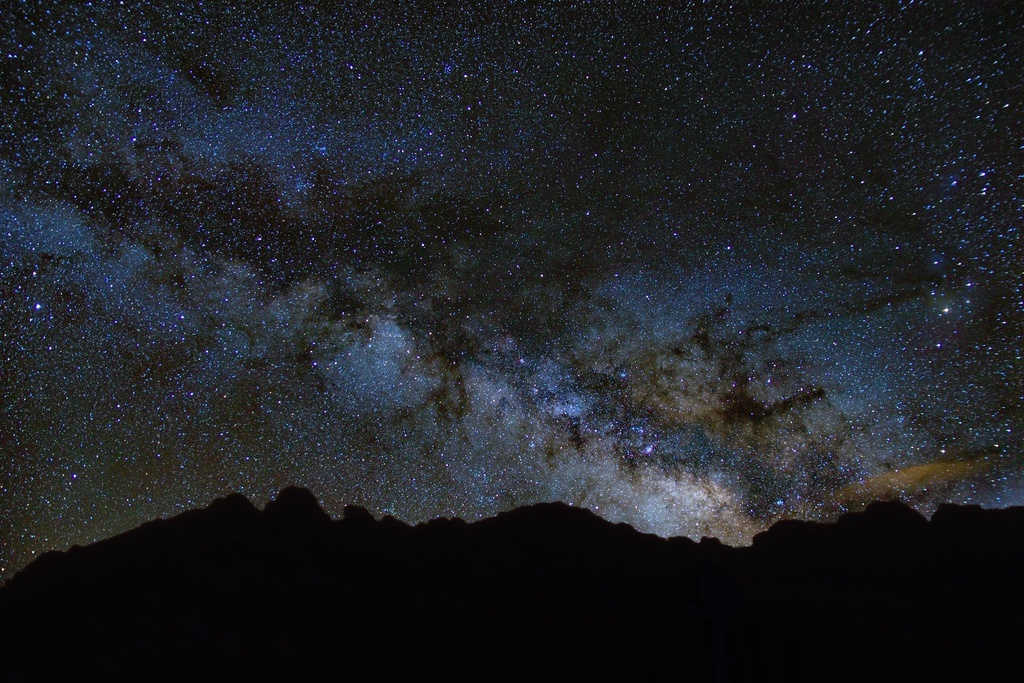
![Mining Territory [GRZ - MTB sector 3]](/media/filer_public/55/7b/557b2251-626f-458d-97c4-76f96a6e4f7c/aldeias-xisto-aldeias-xisto-terra_mineira_c381rea_de_descanso_do_barco__cabec3a7o_do_pic3a3o_gr33_-_grz_etapa__mam9mil.jpg.1024x683_q95_crop_upscale.jpg)

